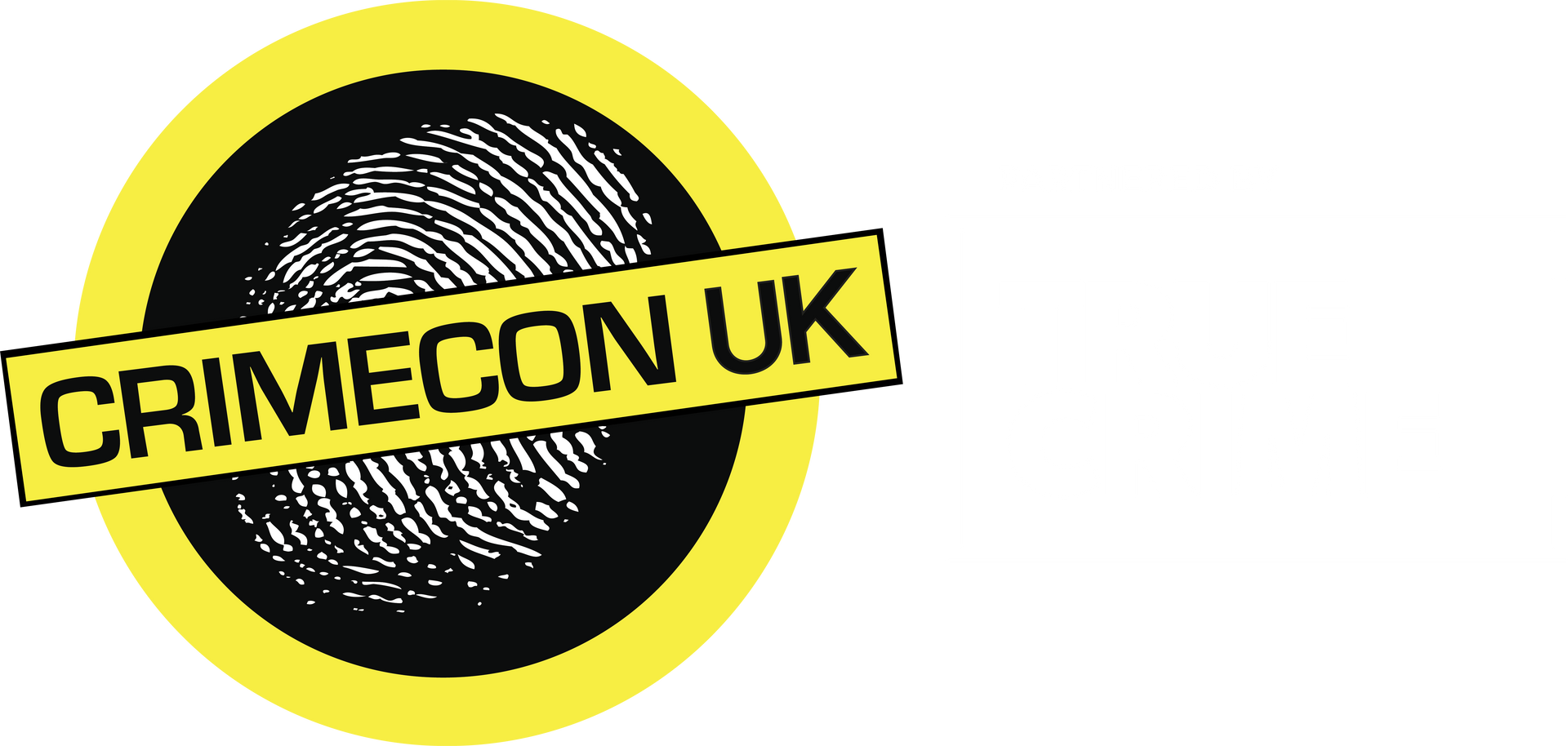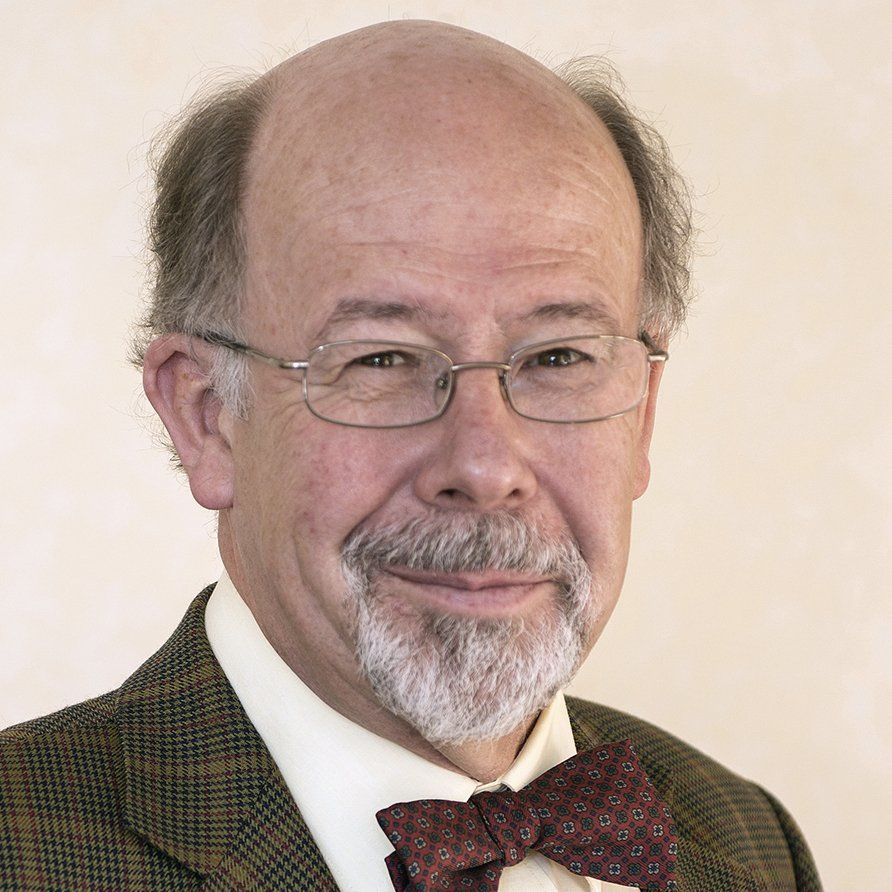12.15 - 13.00
FORENSIC ECOLOGY: A VALUABLE WEAPON IN THE
FORENSIC ARMOURY
Professor Patricia Wiltshire & Professor David L. Hawksworth CBE
For nearly 30 years, Forensic Ecology (Environmental Profiling) has proved to be a critical forensic tool in investigation of murder, rape, abduction, grand theft, and wildlife crime in the UK. In particular, the use of botany, palynology (the study of pollen, plant, and other microscopic remains), mycology (study of fungi and their spores), and the analysis of particulates in soils and on vegetation, have been particularly useful in providing intelligence and probative evidence in serious crime. Ecological knowledge is a powerful tool for (a) linking people, objects, and places, (b) search and location of hidden remains, and (c) estimating times of body deposition and death, post mortem interval and many other aspects which are important to criminal investigation.
Every place has a unique biological profile, traces of which can be picked up by anything that comes directly into contact with it. These traces are proxy indicators of that place and, if assemblages of these are identified and quantified accurately, the experienced forensic ecologist/palynologist can envisage the environment they represent.
Biological observation and measurement at the crime scene and in the mortuary can give accurate estimates of post mortem interval, disturbances at crime scenes, offender pathways, and even demonstrate sequences of events involved with pre-, peri-, and post-criminal activity.
This talk will give some idea of how this can be achieved, and how samples obtained from soils, vegetation, clothing, footwear, vehicles, cadavers and, indeed, virtually any object, can offer forensic information that can also serve as admissible evidence in court.








